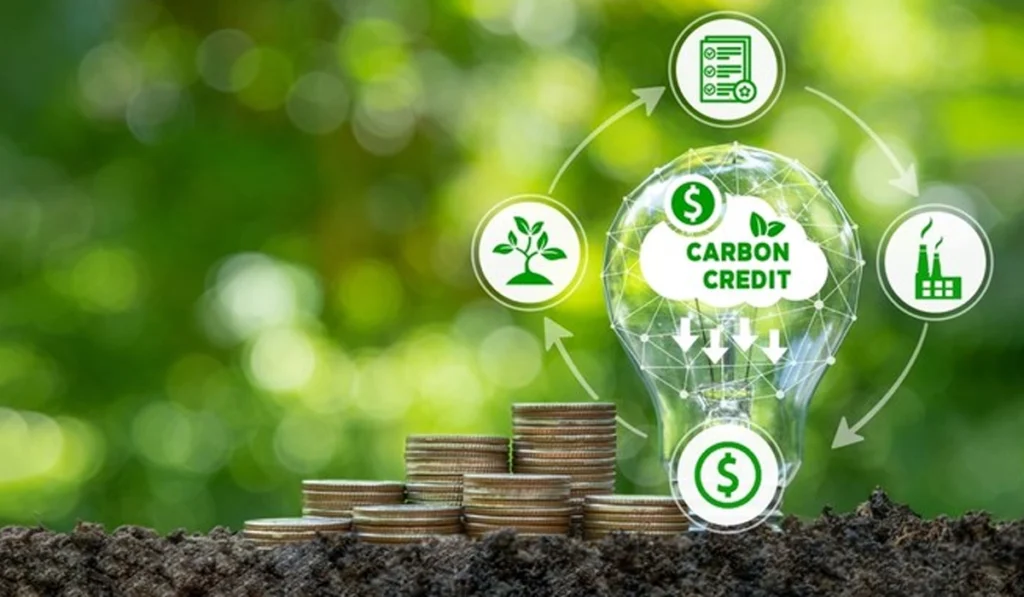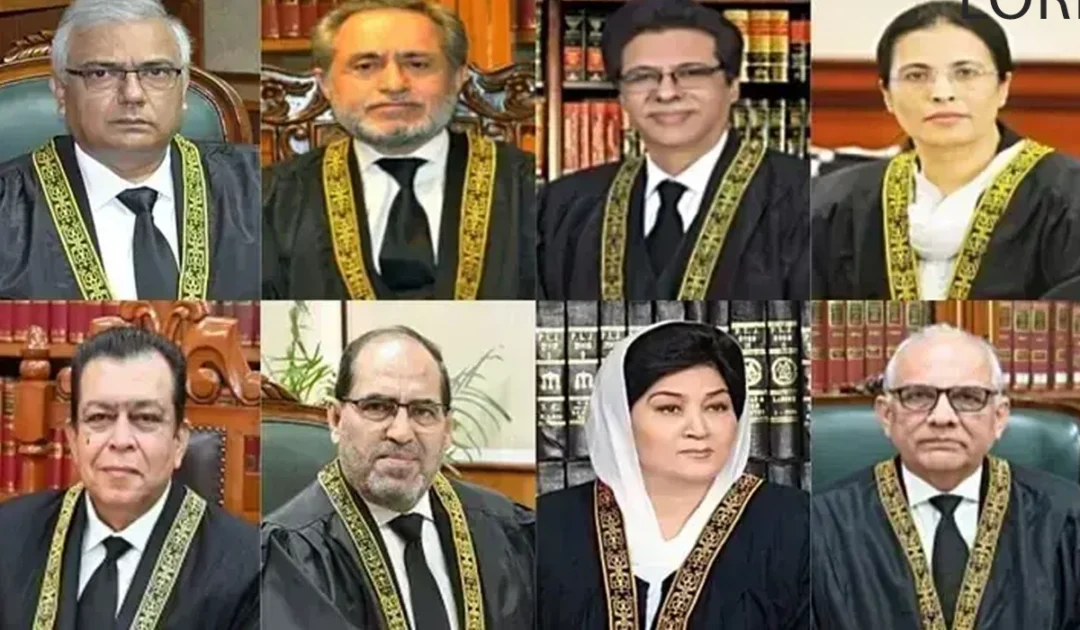- Web Desk
- 35 Minutes ago
Pakistan moves toward operational carbon markets
-

- Web Desk
- 4 Hours ago

ISLAMABAD: Pakistan’s progress toward establishing a high-integrity carbon market took a significant step forward today as senior government officials and international development partners met to advance the country’s readiness for carbon credit transactions under Article 6 of the Paris Agreement.
Also read: ADB to help Pakistan develop carbon credit, climate finance strategy
The bilateral learning session, convened under the Supporting Preparedness for Article 6 Cooperation (SPAR6C) program, was led by Federal Minister for Climate Change and Environmental Coordination, Senator Dr Musadik Malik. The discussions focused on finalising benefit-sharing arrangements and transparent fee structures, critical elements for ensuring environmental integrity and investor confidence as Pakistan moves into the operational phase of its carbon market.
The session brought together key stakeholders, including the Global Green Growth Institute (GGGI), the UNEP Copenhagen Climate Centre (UNEP-CCC), and representatives from the Embassy of the Federal Republic of Germany, which funds the SPAR6C program through the International Climate Initiative (IKI).
With Pakistan transitioning from policy preparation to implementation, attention is now centered on building governance mechanisms that promote fair revenue-sharing and equitable reinvestment of carbon finance into national climate and development priorities, particularly at the community level.
“Carbon markets can make a significant contribution to achieving Pakistan’s climate goals and the 1.5°C target of the Paris Agreement,” said Minister Musadik Malik. “Our fee structures and market conditions must be transparent, competitive, and attractive for investors, while ensuring that revenues are reinvested into sustainable development at home.”
The government is also preparing to authorise mitigation activities under Article 6, a major milestone that will enable Pakistani entities to participate in international carbon transactions. The session aimed to align Pakistan’s evolving carbon market infrastructure with global best practices, ensuring both economic viability and environmental credibility.
Manuel Möller, Global Project Manager for SPAR6C at GGGI, highlighted the significance of this stage, “SPAR6C supports the development of carbon markets in Pakistan in a holistic manner, from policy design to implementation. This includes defining benefit-sharing mechanisms and transparent fee structures, which are crucial to building investor trust.”
Following the release of Pakistan’s National Carbon Market Policy Guidelines at COP29, SPAR6C has provided continued technical support in drafting the country’s Carbon Market Rules and Regulations, including provisions for credit transfers, authorization procedures, and pricing methodologies.
The SPAR6C program remains central to Pakistan’s efforts to establish a robust Article 6 framework. Globally led by GGGI and implemented in Pakistan by UNEP-CCC, the initiative helps countries develop the necessary policy, regulatory, and institutional frameworks for high-integrity carbon trading.
Urwah Khan, representing UNEP-CCC, highlighted the role of pilot transactions in enabling private sector participation and attracting climate-aligned investment, “Pilot activities will be pivotal in unlocking investment opportunities. SPAR6C will continue to work closely with national partners to ensure that institutional and regulatory frameworks evolve in line with international standards.”
Also read: UN-backed climate banking alliance ceases operations
Reaffirming international support, Helene Paust, Deputy Head of Cooperation at the German Embassy in Islamabad, said, “Pakistan’s entry into the operationalisation phase reflects its growing readiness for Article 6 implementation. These discussions on pricing and governance demonstrate strong political ownership and international partnership.”
As Pakistan prepares to become an active participant in global carbon markets, today’s dialogue signals a clear commitment to building a transparent, equitable, and investment-ready carbon credit ecosystem, aligned with both national development goals and the Paris Agreement.




